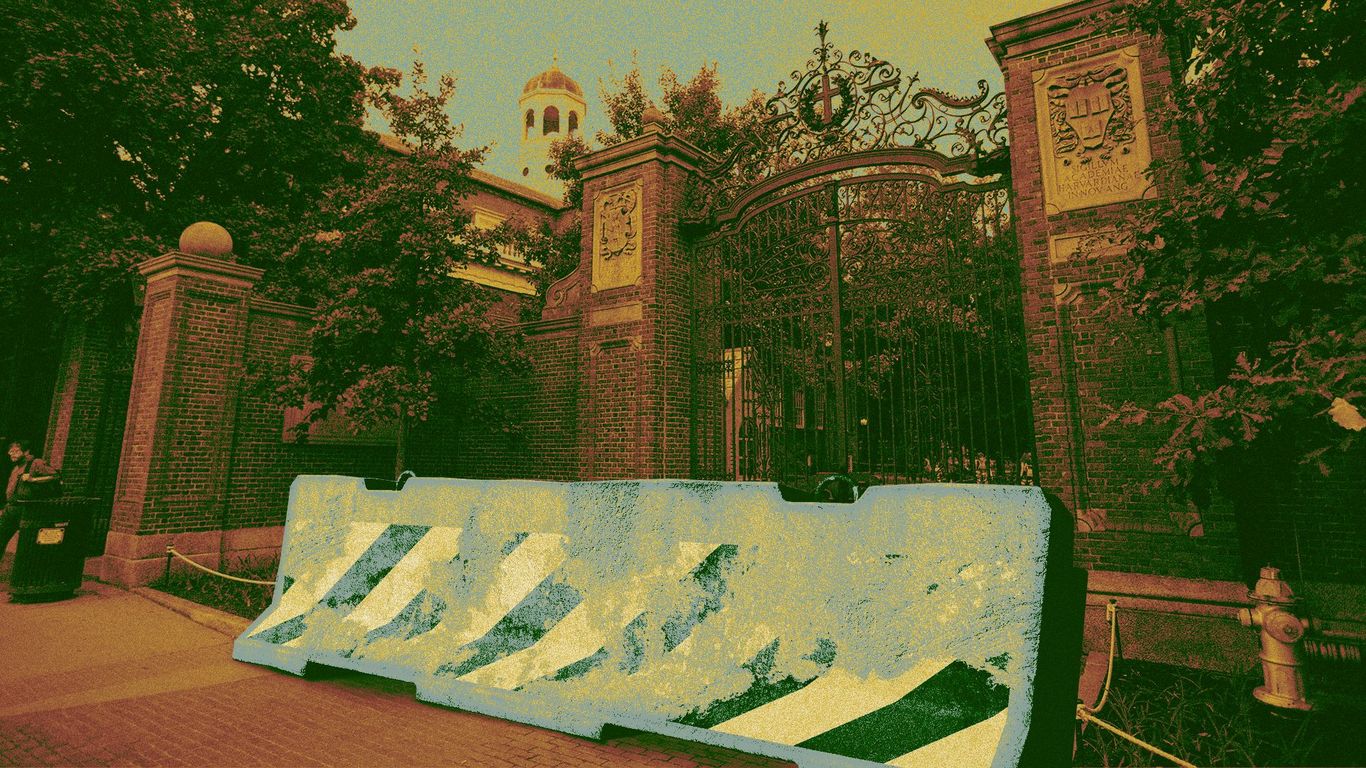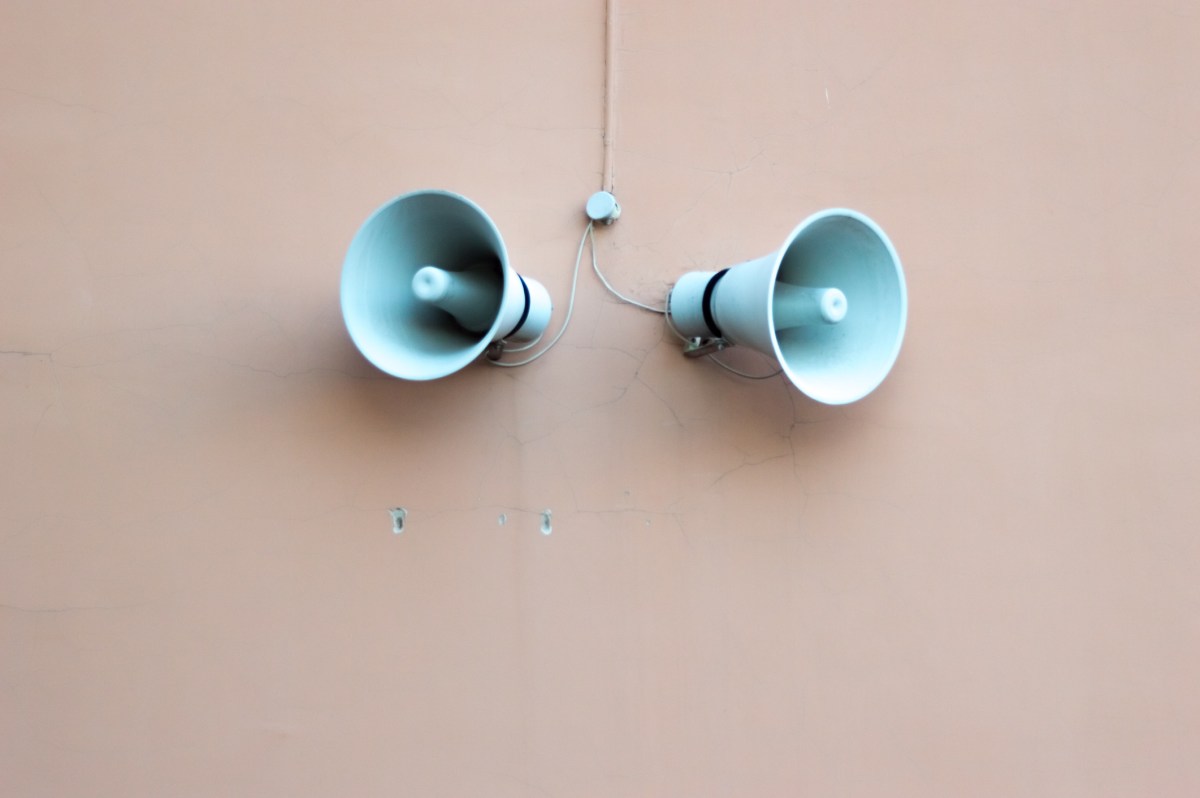Summary:
44% of U.S. unicorns are founded by immigrants, many of whom came as students
Trump's Harvard policy could prevent future unicorn founders from entering the U.S.
Harvard is a top university for producing startup founders, per PitchBook rankings
The move may discourage international students from studying in the U.S. altogether
Current Harvard students face difficulties transferring, especially in specialized programs
President Trump's recent decision to block international students from attending Harvard University has sparked concerns over its potential impact on America's startup ecosystem. This move, aimed at Harvard, could inadvertently weaken the innovation engine crucial for maintaining the U.S.'s competitive edge against China.
Why It Matters
Around 44% of U.S. unicorn companies—startups valued at $1 billion or more—are founded or co-founded by immigrants. Many of these entrepreneurs came to the U.S. as students and stayed to build their businesses. An Axios analysis reveals that dozens of U.S. unicorns, including Stripe, CloudFlare, FalconX, and Writer, were founded by Harvard's international alumni. Under Trump's policy, these founders might never have set foot in the U.S.
Harvard's Role in Startup Success
Harvard stands as a top incubator for startup talent, ranking highly for undergraduate, graduate, and MBA programs according to PitchBook. Its global reputation attracts the brightest minds, many of whom go on to launch groundbreaking companies.
The Ripple Effect
The policy could deter international students from considering U.S. universities altogether, especially after Homeland Security Secretary Kristi Noem's warning to other institutions. For current Harvard students, transferring could be challenging, particularly for those in specialized graduate programs.
The bottom line: While the administration aims to boost American investment, it risks cutting off the supply of future innovators and entrepreneurs who drive that investment.









Comments